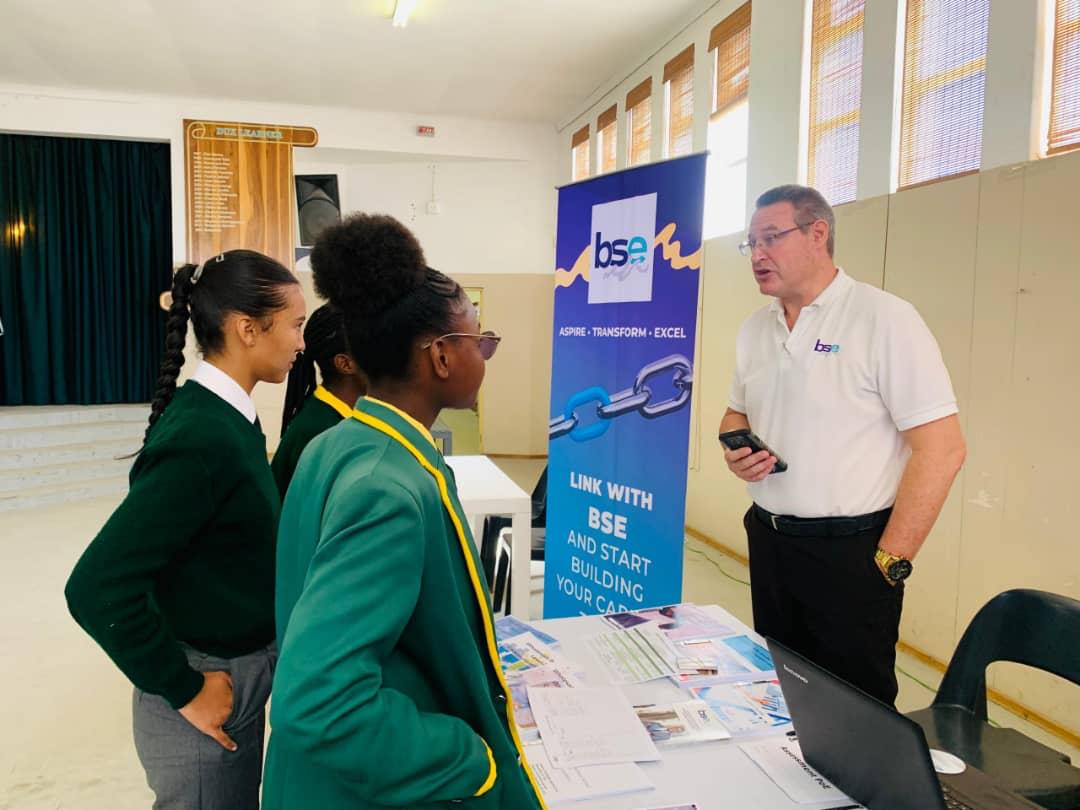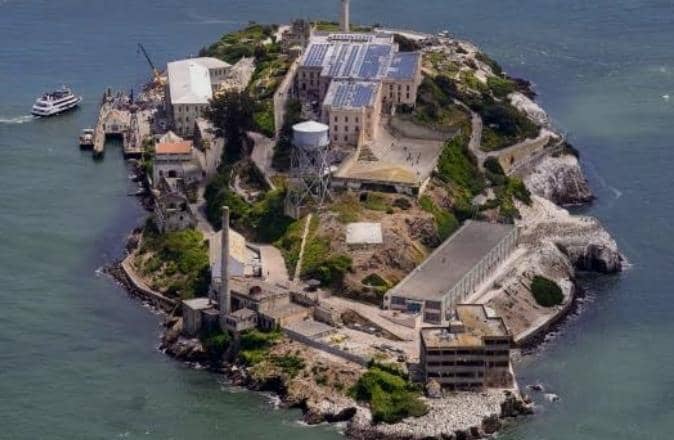LONDON – Mohammed Sidique Khan, the eldest of the four London bombers – whose family says he was “brainwashed” into terrorism – has been singled out in the British media as the likely leader of the operation.
Khan (30) was married with a baby girl and worked as a classroom assistant at a primary school in the northern English city of Leeds, where he also volunteered at a number of community centres for young Muslims. A Briton of Pakistani descent, he is believed to have drawn two of the other attackers, Shehzad Tanweer (22) and Hasib Hussain (18) deeper into extremism – through his work as a volunteer in community centres in the Leeds area.London’s Metropolitan Police on Saturday confirmed that Khan – already widely named in the press – was the “third man” blamed for the rush-hour attacks on underground trains and a bus that claimed 55 lives and injured 700.After the attacks, Khan’s grief-stricken family, who described him as a caring husband and father, urged police to expose the “terror networks who target and groom our sons to carry out such evils”.Several of Khan’s neighbours in Dewsbury, near Leeds, described him as a quiet man, discreet about his religious beliefs, who was not known to attend the local mosque.But another picture rapidly started to emerge – that of an increasingly radical figure, with suspected links to known extremist cells in Britain and abroad, who used his work with young people to indoctrinate them into violence.Khan is now at the centre of a growing series of apparent leads.According to US reports, American intelligence officials say Khan was known to Mohammed Junaid Babar, a Pakistani American who has admitted setting up terrorist training camps in Afghanistan.The Israeli newspaper Maariv claimed he had helped plan a suicide attack on a Tel Aviv pub in 2003.According to Britain’s Sunday Times newspaper, Khan surfaced in an inquiry by Britain’s domestic intelligence agency MI5 – who opened a file on him last year but decided he was not enough of a threat to be put under surveillance.Quoting an unnamed senior government official, The Sunday Times said MI5 made routine checks on Khan as part of a probe into an alleged plot to plant a truck bomb in London in 2004, but after decided he was only “indirectly linked” to the affair.Police and intelligence services had previously insisted that none of the four suspected bombers had previously known links with terrorism.However it has been established that Khan and Tanweer travelled together to Pakistan last November, returning to Britain in February this year – and that they may have had contacts with extremists in the country.Hussain visited Pakistan the following year.Pakistani security officials were trying to establish the men’s movements while in Pakistan, notably whether they made contact with a group led by alleged al Qaeda number three, Abu Faraj al-Libbi, seized in Pakistan in May.Following their trips to Pakistan, both Tanweer and Hussain are reported to have started attending the Hamara Youth Access Point youth centre in Leeds, where Khan worked as a volunteer, according to The Telegraph newspaper.According to the paper, a youth worker had reported to police that the centre was being used as a front for the radicalisation of young Muslims.Although Khan was the least likely suicide bomber of the four – older, married with a child and reportedly devoted to his job – some in his entourage had picked up on worrying signs.One man telephoned the BBC and police before Khan’s role in the bombings became clear, out of a concern that he may be indoctrinating young people with whom he worked.He said Khan had visited Afghanistan for military-style training, describing him as a “fruitcake” who regularly burst out in anger over Western foreign policy in the Middle East.- Nampa-AFPA Briton of Pakistani descent, he is believed to have drawn two of the other attackers, Shehzad Tanweer (22) and Hasib Hussain (18) deeper into extremism – through his work as a volunteer in community centres in the Leeds area.London’s Metropolitan Police on Saturday confirmed that Khan – already widely named in the press – was the “third man” blamed for the rush-hour attacks on underground trains and a bus that claimed 55 lives and injured 700.After the attacks, Khan’s grief-stricken family, who described him as a caring husband and father, urged police to expose the “terror networks who target and groom our sons to carry out such evils”.Several of Khan’s neighbours in Dewsbury, near Leeds, described him as a quiet man, discreet about his religious beliefs, who was not known to attend the local mosque.But another picture rapidly started to emerge – that of an increasingly radical figure, with suspected links to known extremist cells in Britain and abroad, who used his work with young people to indoctrinate them into violence.Khan is now at the centre of a growing series of apparent leads.According to US reports, American intelligence officials say Khan was known to Mohammed Junaid Babar, a Pakistani American who has admitted setting up terrorist training camps in Afghanistan.The Israeli newspaper Maariv claimed he had helped plan a suicide attack on a Tel Aviv pub in 2003.According to Britain’s Sunday Times newspaper, Khan surfaced in an inquiry by Britain’s domestic intelligence agency MI5 – who opened a file on him last year but decided he was not enough of a threat to be put under surveillance.Quoting an unnamed senior government official, The Sunday Times said MI5 made routine checks on Khan as part of a probe into an alleged plot to plant a truck bomb in London in 2004, but after decided he was only “indirectly linked” to the affair.Police and intelligence services had previously insisted that none of the four suspected bombers had previously known links with terrorism.However it has been established that Khan and Tanweer travelled together to Pakistan last November, returning to Britain in February this year – and that they may have had contacts with extremists in the country.Hussain visited Pakistan the following year.Pakistani security officials were trying to establish the men’s movements while in Pakistan, notably whether they made contact with a group led by alleged al Qaeda number three, Abu Faraj al-Libbi, seized in Pakistan in May.Following their trips to Pakistan, both Tanweer and Hussain are reported to have started attending the Hamara Youth Access Point youth centre in Leeds, where Khan worked as a volunteer, according to The Telegraph newspaper.According to the paper, a youth worker had reported to police that the centre was being used as a front for the radicalisation of young Muslims.Although Khan was the least likely suicide bomber of the four – older, married with a child and reportedly devoted to his job – some in his entourage had picked up on worrying signs.One man telephoned the BBC and police before Khan’s role in the bombings became clear, out of a concern that he may be indoctrinating young people with whom he worked.He said Khan had visited Afghanistan for military-style training, describing him as a “fruitcake” who regularly burst out in anger over Western foreign policy in the Middle East.- Nampa-AFP
Stay informed with The Namibian – your source for credible journalism. Get in-depth reporting and opinions for
only N$85 a month. Invest in journalism, invest in democracy –
Subscribe Now!










